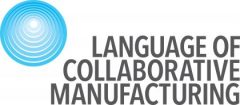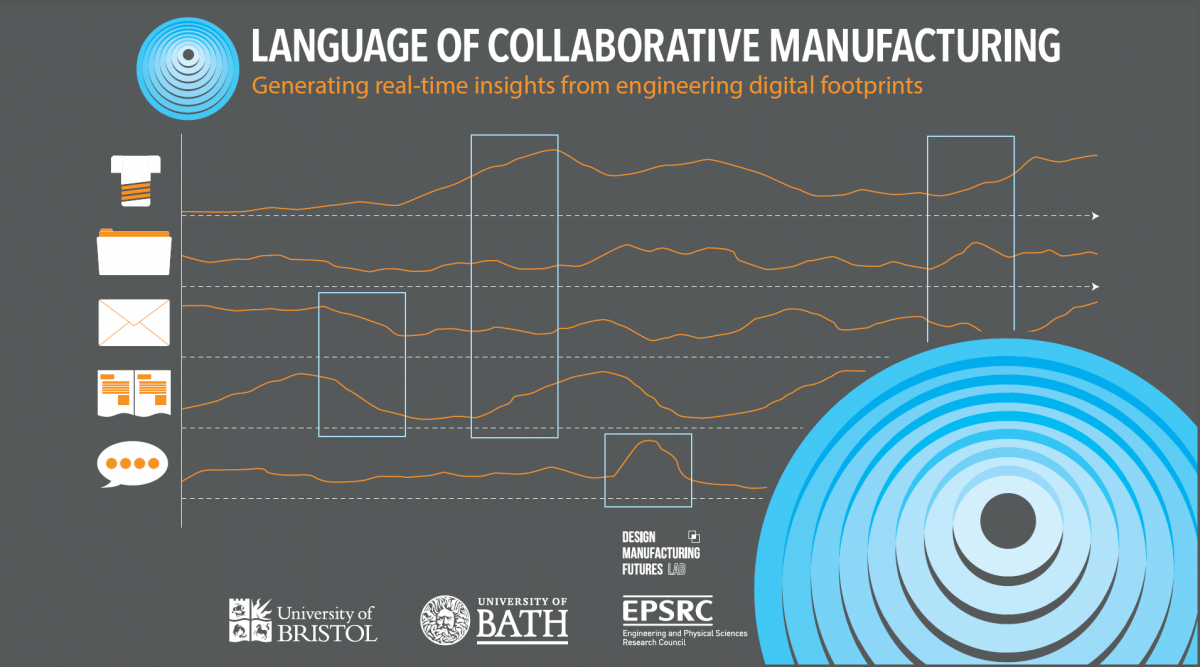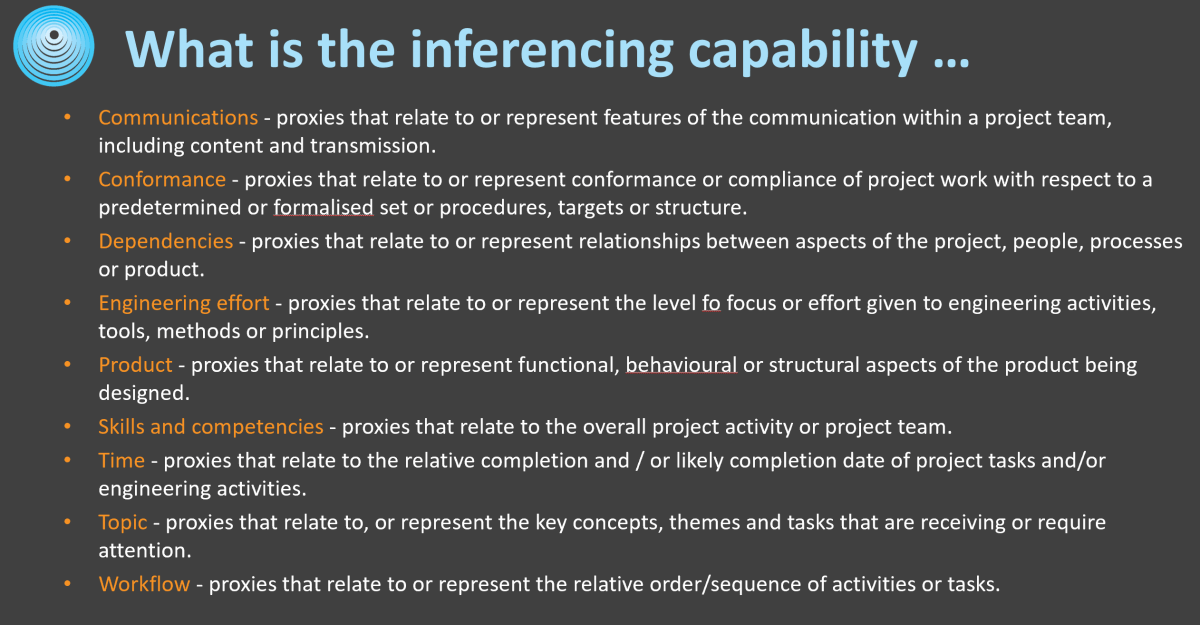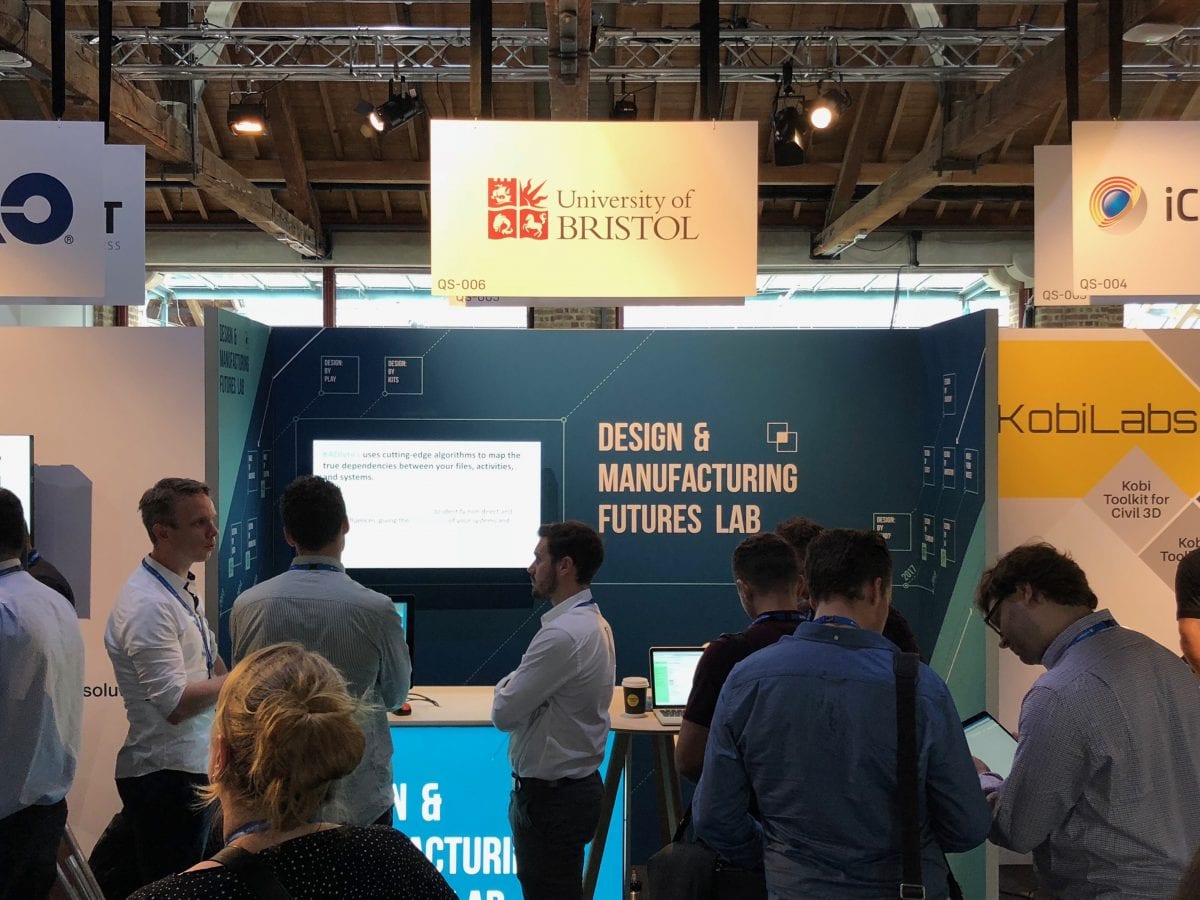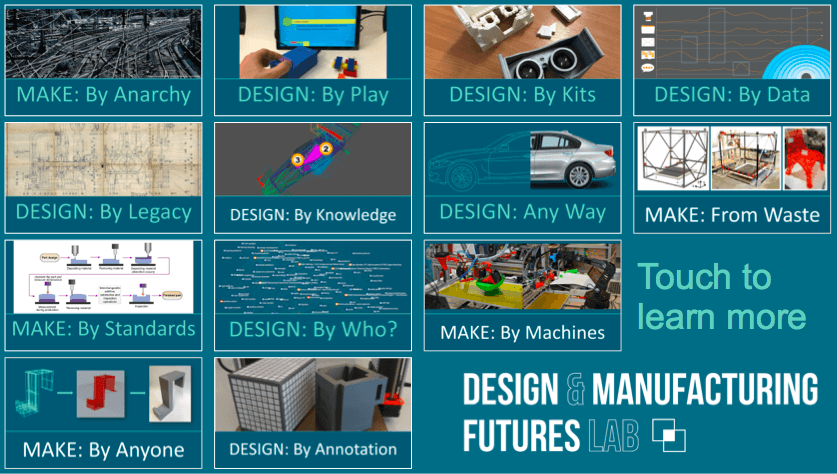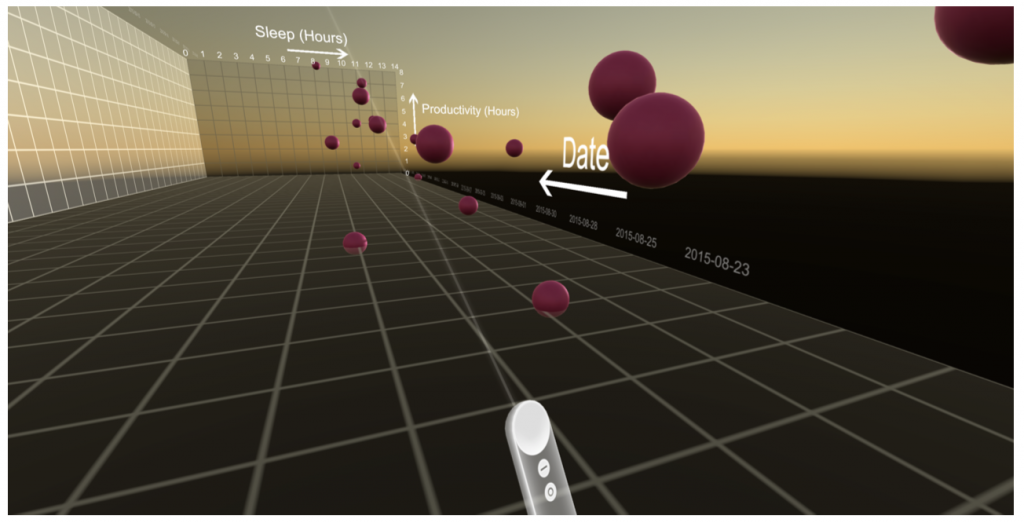During the project we have published more than 40 peer reviewed articles, given numerous presentations and attended a number of national and international exhibitions. Thus, from the perspective of metrics, the project can be considered to have been a great success. But this is not the only perspective to consider. Perhaps the most important one is the positive impact it has had on those involved. In this regard, we have seen two promotions – Dr Watts and Professor Newnes; four new lecturers – Drs Gopsill, Snider, Jones and Joel-Edgar; and four post-docs move into industry – Drs Boa, Emanuel, Shi and Mogles. In addition, this project was for two of our investigators their final major research activity prior to retirement – Professors McMahon and Culley who are both now busier than ever!
Further, while not explicitly follow-on projects the LoCM project has informed and fed into two major new projects:
- EP/R032696/1 – Improving the product development process through integrated revision control and twinning of digital-physical models during prototyping
- EP/R013179/1 – Designing the Future: Resilient Trans-Disciplinary Design Engineers
And, it is great to observe that many of the members of the LoCM project team are now involved in these projects and that the early career academics are establishing their own portfolios and teams. All-in-all a very productive and enjoyable 5 years and a big thank you from me and the whole team to everyone involved and our industrial partners.
If you would like to get in touch with members of the team please contact us through the laboratories at the Universities of Bristol and Bath. Links below.
Design and Manufacturing Futures Laboratory – http://www.dmf-lab.co.uk
Advanced Design and Manufacture @ Bath – http://www.bath.ac.uk/mech-eng/research/advanced-design-and-manufacturing/
